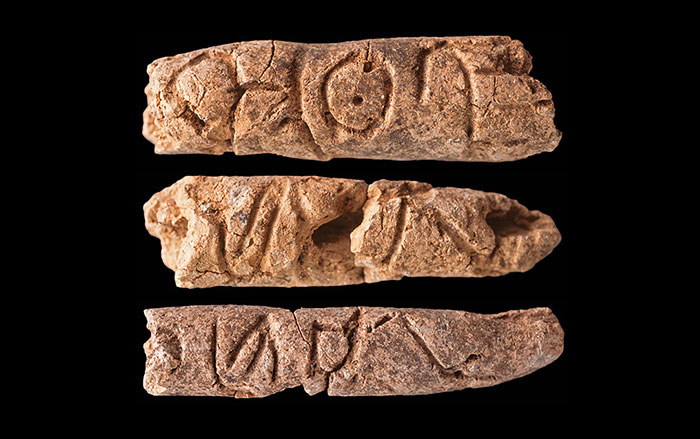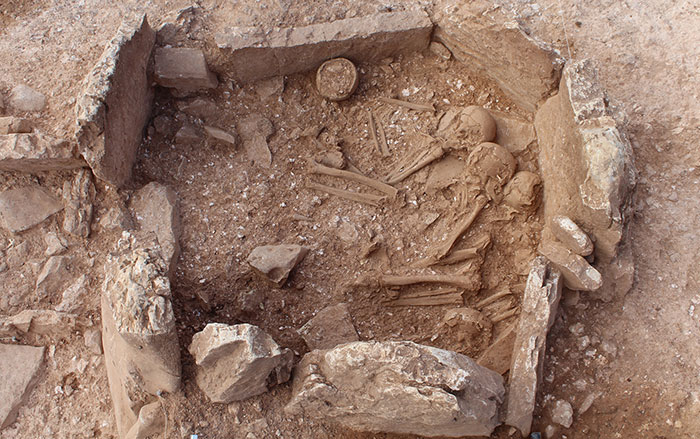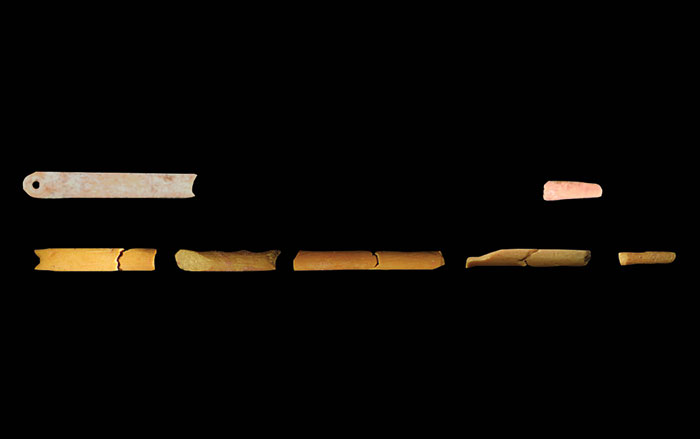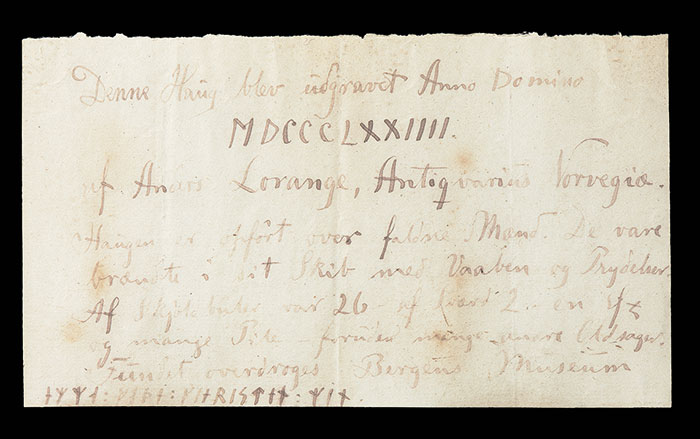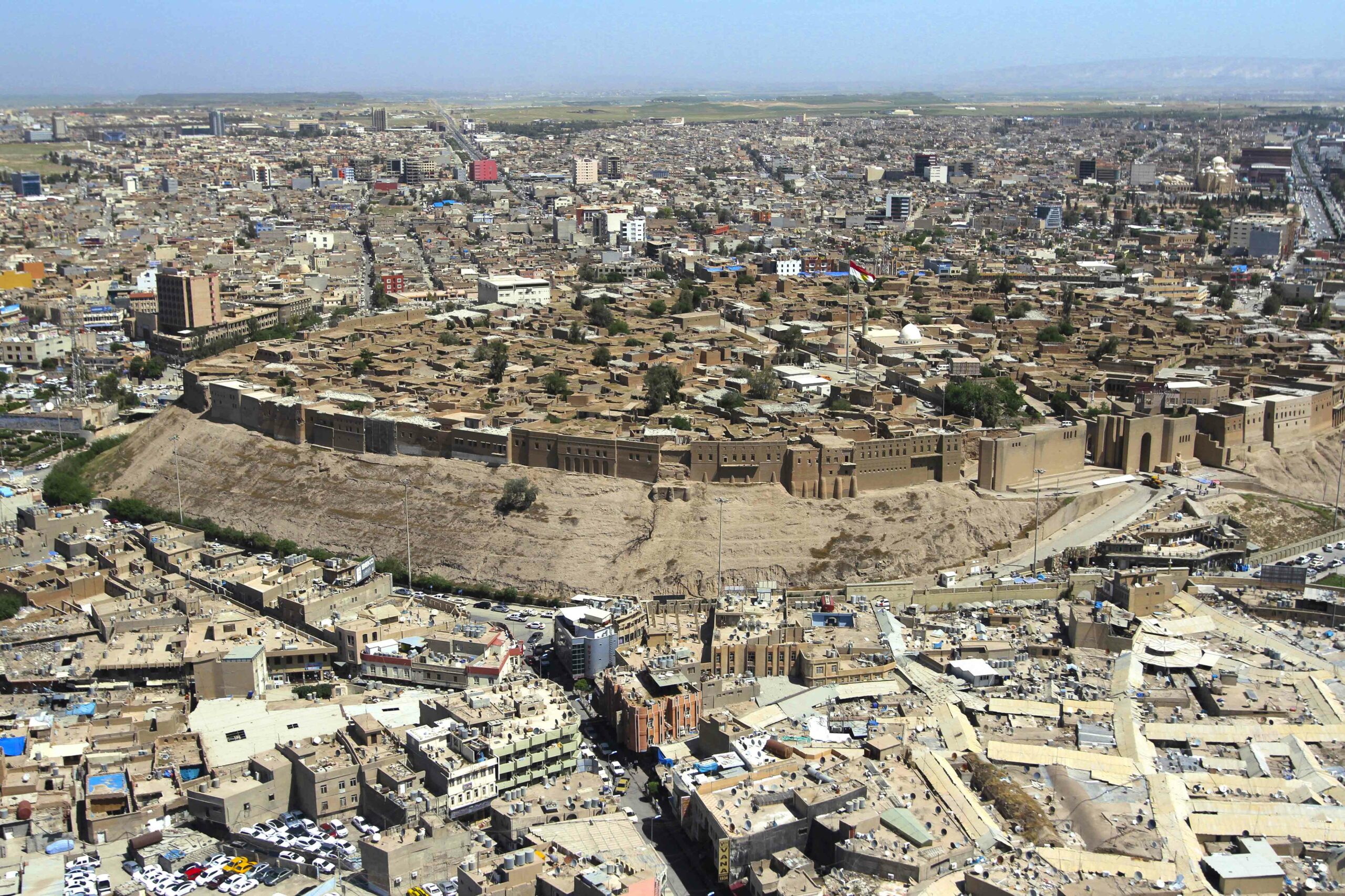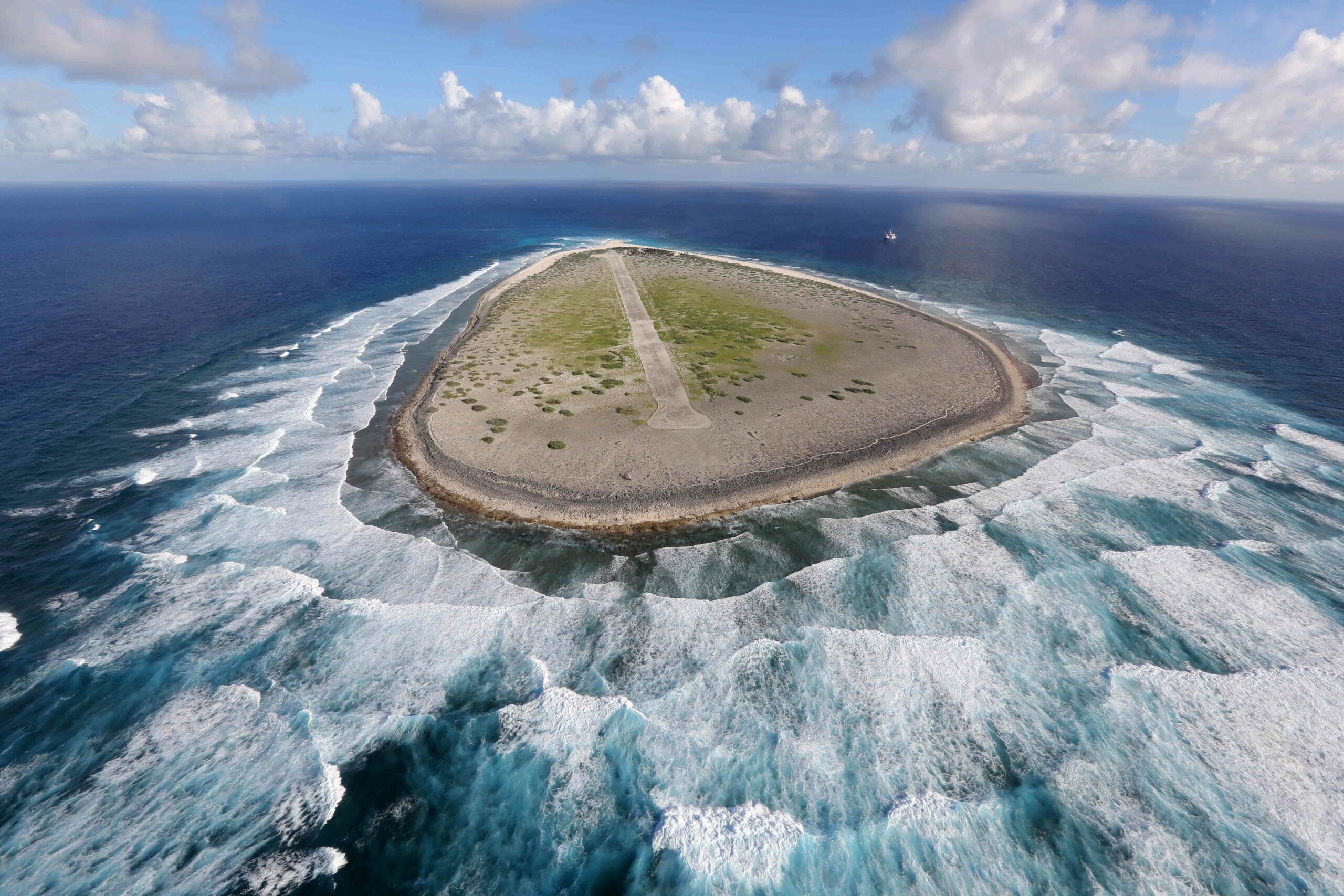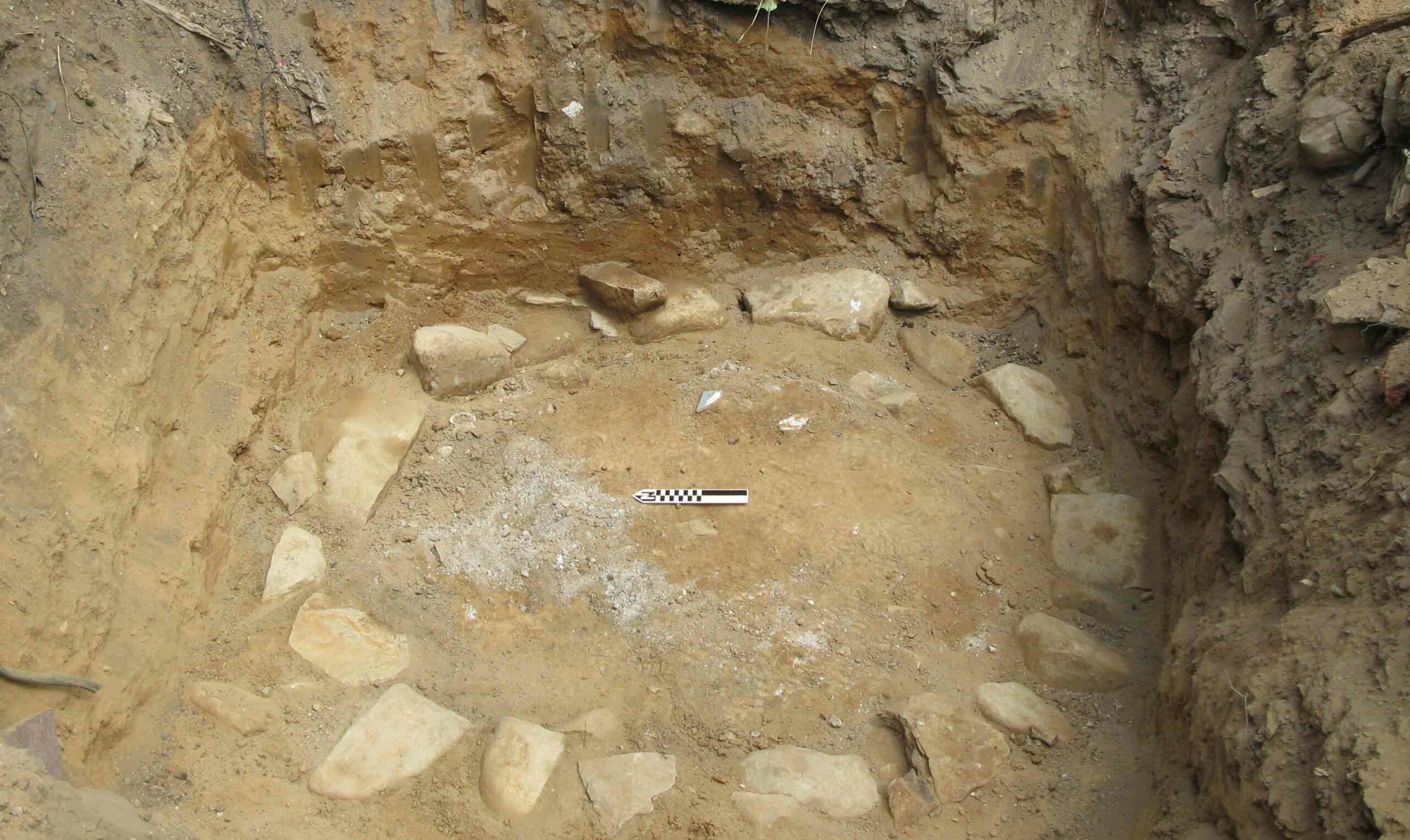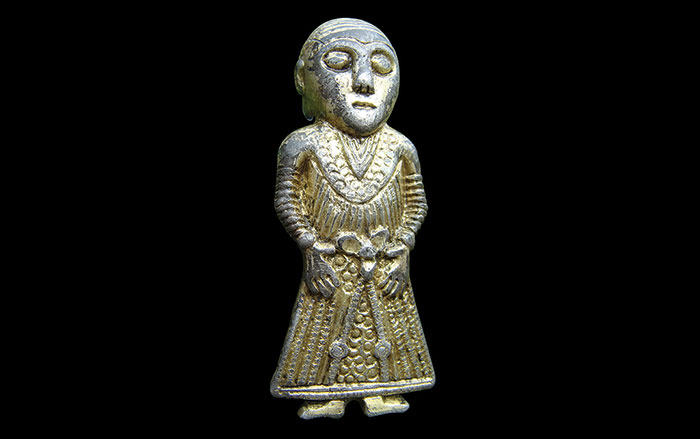
CAIRO, EGYPT—The mummies of 13 Egyptian pharaohs and queens who lived between 1492 and 1153 B.C. were x-rayed in the 1980s. The images indicated that Amenhotep III and three other pharaohs suffered from ankylosing spondylitis (AS), a disabling form of arthritis characterized by the erosion of the sacroiliac joints or fused facet joints. New CT scans of those mummies have given researchers led by radiologist Sahar N. Saleem and Egyptologist Zahi Hawass a better look at their ancient bones, according to a report in Science. The team found that all four pharaohs, whose average age at the time of death was 63, probably had diffuse idiopathic skeletal hyperostosis, a form of arthritis that can be asymptomatic. In particular, Amenhotep III was 50 years old when he died, and his skeleton showed no signs of spinal deformity. He may have experienced mild back stiffness when he got up in the morning. To read about the role of animal mummies in ancient Egypt, see ARCHAEOLOGY’s "Messengers to the Gods."


